1. Tim Curry
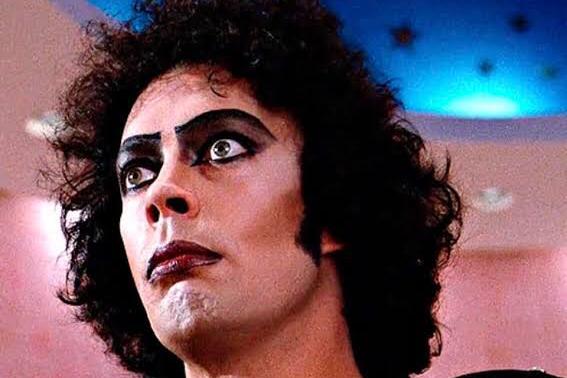
His iconic performance as Dr. Frank-N-Furter in The Rocky Horror Picture Show (1975) is the definition of a cult legacy born from a box office misfire. The campy musical horror film initially struggled to find an audience during its limited release, but soon found a niche as a “midnight movie.” This led to the longest-running theatrical release in film history, with devoted fans attending dressed as the characters, shouting lines, and performing actions in sync with the film. Curry’s uninhibited, theatrical portrayal of the “sweet transvestite from Transsexual, Transylvania” instantly became a cinematic touchstone, forever cementing the film’s status as a celebrated, participatory phenomenon long after its poor initial showing.
2. Jeff Bridges
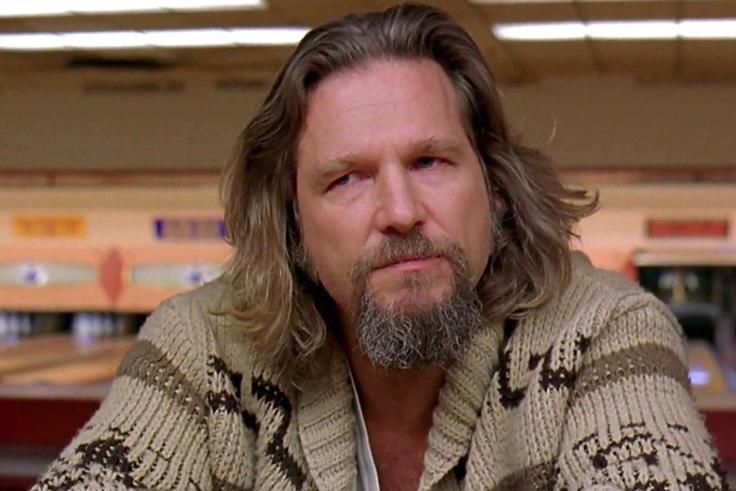
Bridges’ portrayal of Jeffrey “The Dude” Lebowski in the Coen Brothers’ The Big Lebowski (1998) was part of a film that garnered mixed reviews and only recouped its budget modestly upon release. Critics found the plot meandering and the humor too strange for mainstream audiences. However, the film’s home video release saw its popularity explode, with fans embracing The Dude’s laid-back, Zen-like philosophy and the movie’s quotable dialogue. The character and the film have since inspired “Lebowski Fests” around the world and even a pseudo-religion known as Dudeism, turning a modest comedy into a foundational piece of late 20th-century cult cinema, all thanks to Bridges’ slacker charm.
3. Harrison Ford
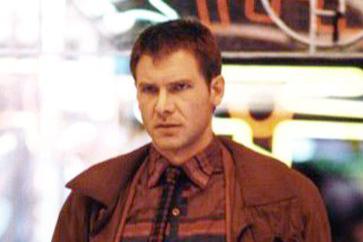
Before it was lauded as a masterpiece of sci-fi noir, Blade Runner (1982), starring Harrison Ford as the “replicant hunter” Rick Deckard, was a commercial disappointment in its initial theatrical run. The film’s dark, complex tone and ambiguous ending clashed with the era’s blockbuster expectations, set by Ford’s own Star Wars and Indiana Jones roles. Over time, however, the film’s stunning visual design, profound philosophical themes, and numerous re-cuts allowed it to gain critical reappraisal. Ford’s stoic, morally compromised hero became central to the film’s evolving legacy, with the dystopian world of 2019 Los Angeles now recognized as an unparalleled achievement in cinematic world-building.
4. Jake Gyllenhaal
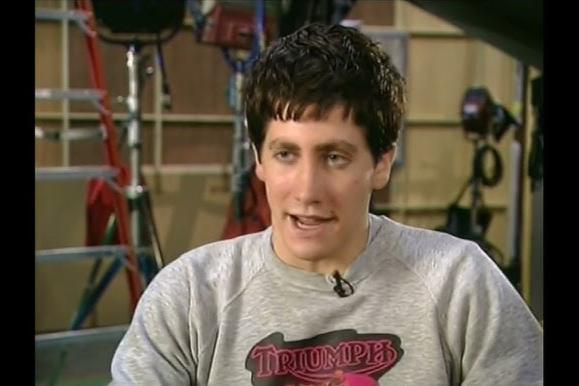
When Donnie Darko debuted in 2001, its limited theatrical release, hampered by the complex, often baffling sci-fi plot and unfortunate timing post-9/11, resulted in a minimal box office take. Gyllenhaal, as the troubled high schooler Donnie, delivered a career-defining performance, but the film initially found little traction. It wasn’t until the DVD release that the film’s dedicated fan base emerged, drawn to its psychological depth, enigmatic narrative, and striking visuals, including the iconic Frank the Rabbit. Gyllenhaal’s intense, nuanced portrayal became the emotional core of the film, helping it transition from an overlooked oddity to a quintessential, frequently debated cult hit of the 2000s.
5. Gene Wilder
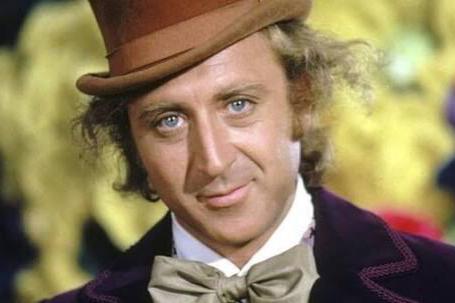
Gene Wilder’s whimsical yet unsettling portrayal of the eccentric confectioner in Willy Wonka & the Chocolate Factory (1971) was part of a film that was not a major commercial success upon its release. It struggled to stand out among bigger family films and received mixed reviews from critics. However, the movie’s life on television broadcasts and subsequent home video releases introduced it to new generations, who embraced its dark humor, imaginative sets, and memorable musical numbers. Wilder’s unique blend of joy and mild menace proved unforgettable, making his version of Wonka the definitive one for many, thereby elevating the financially modest film into an enduring cultural touchstone.
6. Morgan Freeman
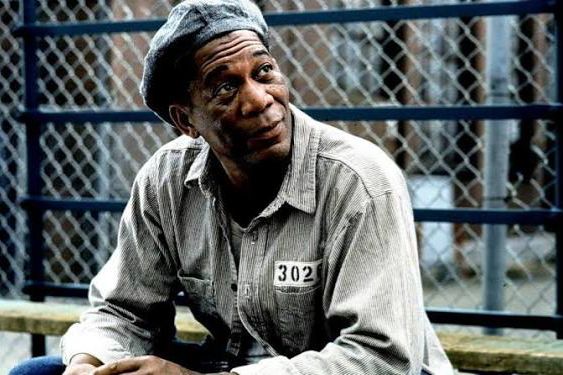
While a critical darling with seven Oscar nominations, The Shawshank Redemption (1994) was initially a box office disappointment, failing to recoup its production budget during its theatrical run. Morgan Freeman’s powerful and comforting portrayal of Ellis “Red” Redding, the insightful, long-term inmate, was a highlight, yet it took time for the movie to connect with a mass audience. Its true success came through home video rentals and frequent cable television airings. The film’s themes of hope, endurance, and friendship resonated deeply, propelling it to the top of “Greatest Films of All Time” lists, making Freeman’s resonant narration and performance central to its legendary, redemptive cult status.
7. Matthew McConaughey
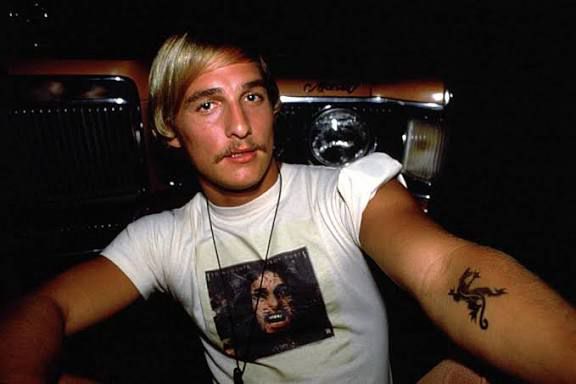
Richard Linklater’s Dazed and Confused (1993) featured a massive ensemble of then-unknown actors, including Matthew McConaughey, and performed poorly in theaters. Critics were generally favorable, but the film’s meandering, slice-of-life structure about the last day of school in 1976 didn’t translate into ticket sales. McConaughey’s role as the older, cruising, and endlessly quotable Wooderson was his breakout, with his phrase, “Alright, alright, alright,” becoming iconic. The film’s authentic, nostalgic capture of 1970s teenage life found a huge following on video, becoming a beloved stoner comedy and a formative cult classic for a generation, largely thanks to the memorable eccentricity of its cast.
8. Ben Affleck
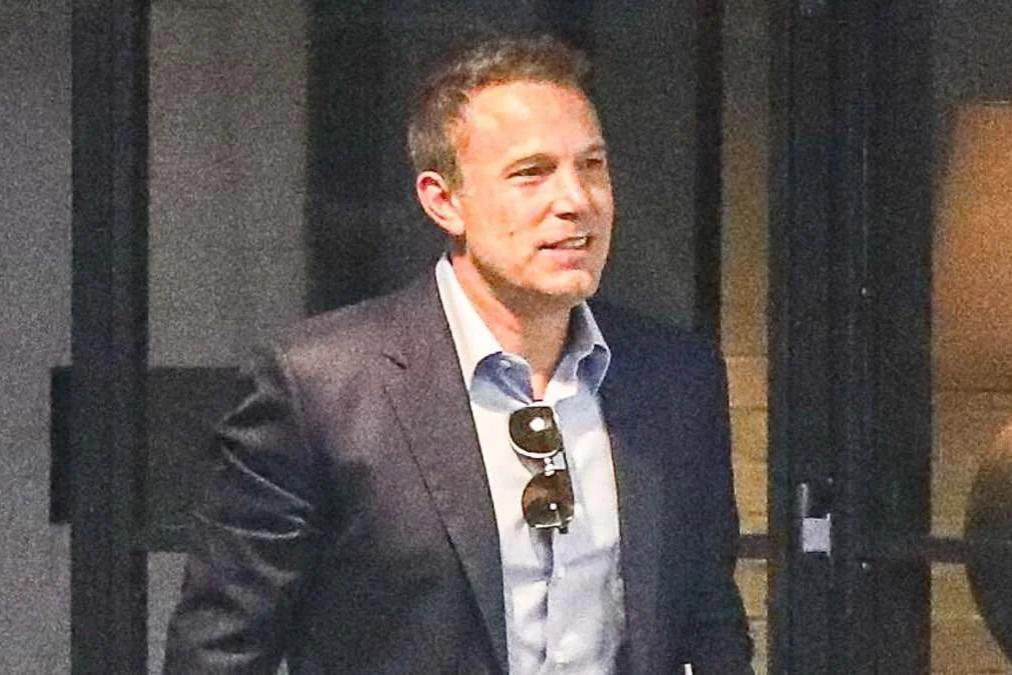
The action-comedy Office Space (1999) was largely ignored in theaters, grossing just over $10 million against a $10 million budget, which barely covered marketing and production costs. Ben Affleck, prior to his huge fame, had a small but memorable part as a corporate consultant. The film’s sharp satire of mundane, corporate life, however, became wildly popular on cable and DVD. Its relatable humor about incompetent bosses, soul-crushing cubicles, and the simple desire to destroy a faulty printer resonated with a post-dot-com workforce. Affleck’s minor role is sometimes overlooked, but the film as a whole transitioned into a top-tier workplace cult classic that is now endlessly quoted in corporate America.
9. Kurt Russell
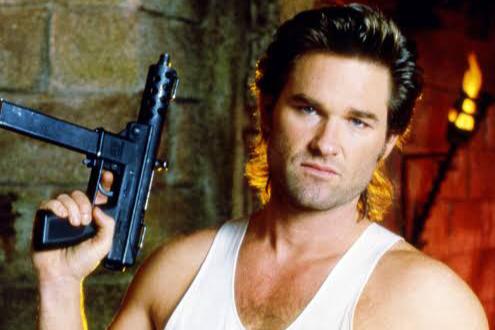
Kurt Russell’s collaboration with director John Carpenter in Big Trouble in Little China (1986) was a box office bomb, failing to earn back its budget. The film was an unusual mix of action, comedy, martial arts, and fantasy, a blend that confused and alienated mainstream audiences at the time. Russell played Jack Burton, a hilariously overconfident but utterly clueless truck driver who thinks he’s the hero. The film’s self-aware absurdity, wild effects, and fast-paced adventure made it a perfect fit for home video re-discovery. It is now celebrated for its unique tone and is considered one of the definitive action-comedies of the 1980s, driven by Russell’s charismatic parody of an action star.
10. Christina Ricci
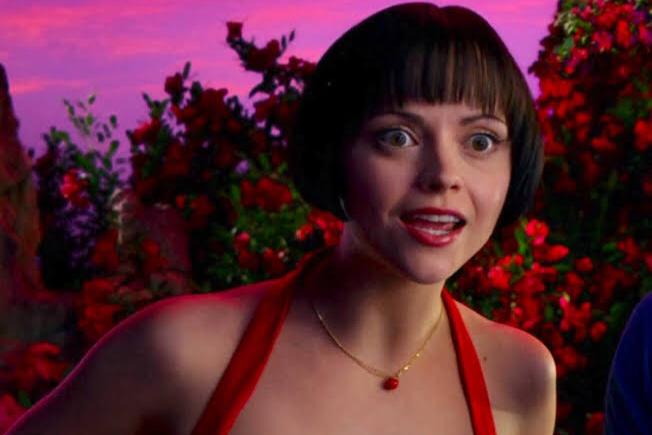
The Wachowskis’ ambitious, visually striking film Speed Racer (2008) was a huge financial disappointment, critically divisive, and a major box office failure. Christina Ricci starred as Trixie, the spirited and loyal girlfriend to the titular racer. The movie’s vibrant, highly stylized, hyper-saturated visual aesthetic, which mimicked the original animated series, was too much for many moviegoers. Yet, a passionate community of fans later embraced its groundbreaking, maximalist visuals, genuine optimism, and unique commitment to its source material. Ricci’s warm, grounding performance helped anchor the emotional core of the frenetic story, allowing the film to gain traction as a beloved, misunderstood cult masterpiece of visual design.
11. Brad Pitt
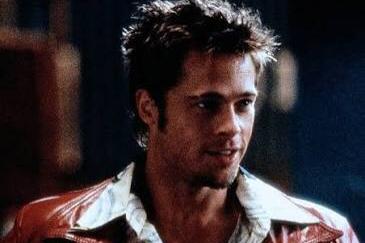
Before its widespread recognition as a defining film of its generation, David Fincher’s Fight Club (1999) starring Brad Pitt as the charismatic, anarchic Tyler Durden, performed poorly in its theatrical run and received mixed-to-negative reviews. The movie’s dark themes, ambiguous plot, and counter-cultural anti-consumerist message made it a tough sell to a mass audience at the end of the millennium. It wasn’t until the DVD release that the movie became a massive hit, resonating strongly with young male audiences who appreciated its subversive narrative and philosophical depth. Pitt’s magnetic, unforgettable performance as the anti-establishment figure remains the film’s enduring, revolutionary icon, solidifying its place in cult cinema history.
12. Sam Neill
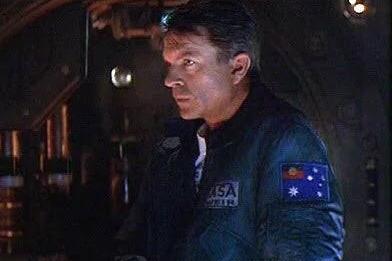
Sam Neill’s turn as the haunted and driven Dr. William Weir in the sci-fi horror film Event Horizon (1997) was part of a major box office bomb that was also heavily criticized for its graphic violence and bleak tone. Rushed into production and severely cut down by the studio, the film was a critical and commercial disaster. However, its relentless horror, claustrophobic atmosphere, and unforgettable imagery of hellish dimensions later found a dedicated following among horror and science fiction fans on home video. Neill’s descent from a rational scientist to a possessed harbinger of chaos is a highlight, ensuring the film’s re-evaluation as a genuinely terrifying, late-90s cult favorite.
13. Jon Hamm
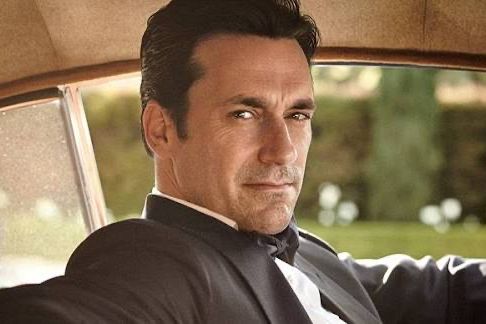
The sci-fi western Serenity (2005), which followed up the short-lived but fiercely beloved television series Firefly, failed to connect with a wider cinema audience and performed disappointingly at the box office. Jon Hamm had a minor but significant role as a cold, calculating agent known as The Operative. Despite its box office woes, the movie was a triumphant cinematic send-off for the loyal fans, who mobilized to buy DVDs and support the film, strengthening the original show’s existing cult status. The movie successfully cemented the complete narrative for the “Browncoats,” making it a celebrated and essential capstone to one of television’s most famous, fan-fueled legacies.
14. Russell Crowe
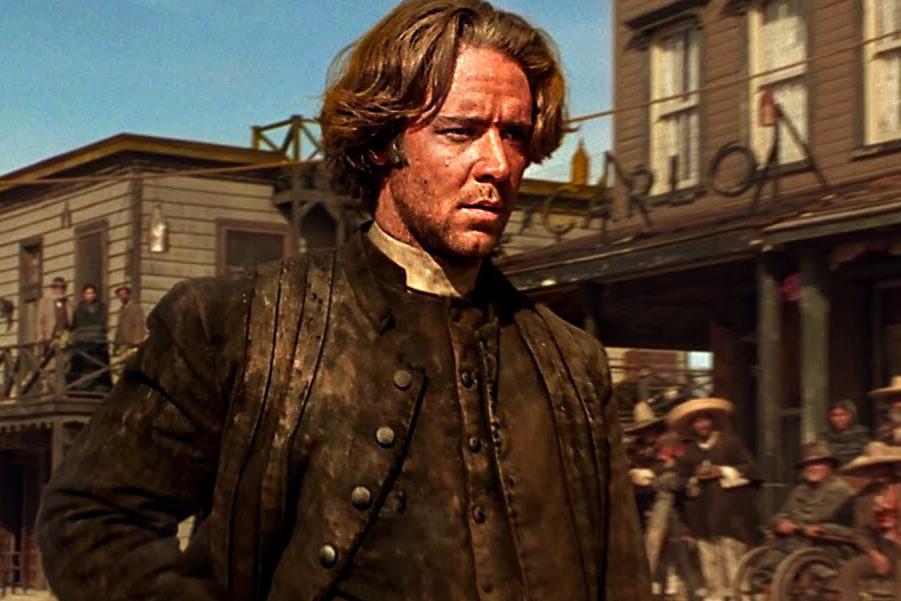
Russell Crowe was part of an all-star cast, including Sharon Stone and Leonardo DiCaprio, in Sam Raimi’s western The Quick and the Dead (1995), a film that was largely a commercial disappointment. The stylized, revisionist take on the genre was not what audiences expected from a contemporary Western, and it failed to make back its budget. Crowe, playing the pacifist-turned-gunslinger preacher Cort, helped anchor the action. The film’s over-the-top violence, unique camera work, and dynamic direction have since been championed by genre fans, allowing it to become a respected cult entry in both the Western and Sam Raimi’s diverse filmography.
It’s clear that a film’s initial fate is rarely the final word on its value. The journey from box office flop to cult legend highlights a beautiful truth about cinema: truly original, passionate, or challenging work will almost always find its people, even if it takes years. These actors, through performances that captivated those who looked closer, proved that enduring legacy is often less about the opening weekend and more about the unforgettable characters you leave behind.
Like this story? Add your thoughts in the comments, thank you.
This story 14 Actors Who Turned One Flop Into a Cult Legacy was first published on Daily FETCH


